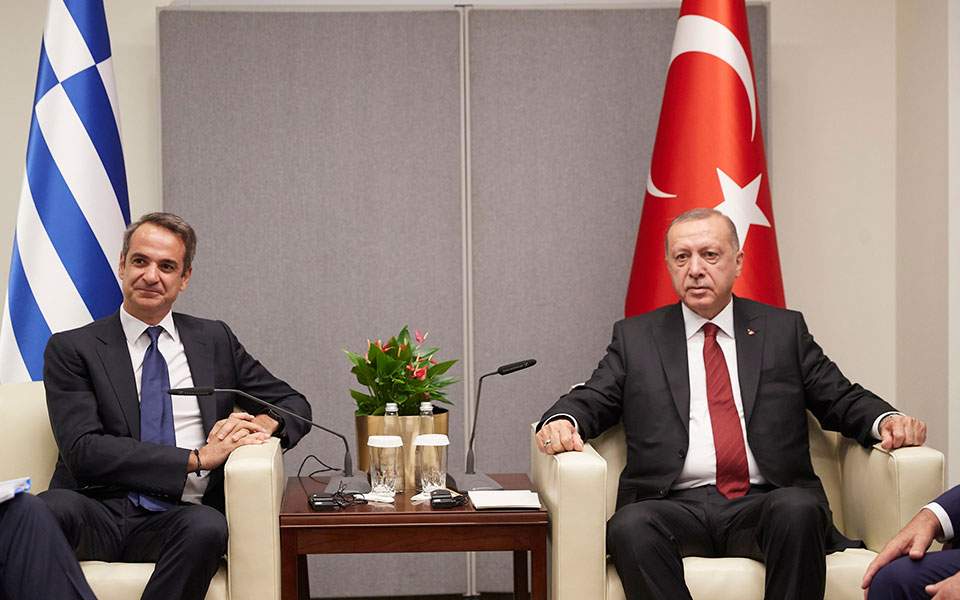Compromise and honorable understanding

There’s an ocean separating what Greeks understand by the term “compromise” and what is understood in other parts of the West.
In Greece, compromise means concession and retreat – in short, defeat. It is seen as such from personal relationships and commercial transactions all the way to the management of international relations, where a compromise may even be misconstrued as a sellout or even a national betrayal.
Compromise is rarely seen as a process of understanding, but rather as absolute concession to the other’s position, even when the facts do not support such an assessment.
It is common in Greece for politicians to accuse each other of giving everything to the other side or to demand they their rivals are brought to task for accepting certain terms in order to reach an agreement.
In the United States, in contrast, I would hear politicians happily announcing that they had reached a compromise that would allow some project or another to go forward, albeit not exactly as they would have hoped for. They would see its actual realization as a much better outcome than it never getting off the ground. The issue was to get an agreement, even if this fell a bit short of expectations.
In Greece, a compromise is perceived as a victory for the other side – elsewhere in the West, the exact opposite is true. A compromise signifies that you convinced your rival to accept many of your positions.
In diplomacy, as in commerce, agreements are the product of a mutually accepted compromise that ensures benefits for both sides. Greece has repeatedly and via different governments made clear that it will not cede any of its sovereign or territorial rights, that it will not accept a dishonorable or exploitative compromise.
At the same time, successive Greek governments have been publicly stating their willingness to discuss and reach an honorable understanding, based on international law.
This should be the compass of Greece’s approach. Grasp what such an understanding means, embrace it, and follow it steadfastly.
Peaceful resolution of differences between rivals, as actually between friends, can only be accomplished through a process of understanding.
In any case, given how sensitive the period we are going through is, we should avoid dismissing somebody’s positions or proposals too hastily, making glib accusations and, most importantly, challenging others’ sense of patriotism.





